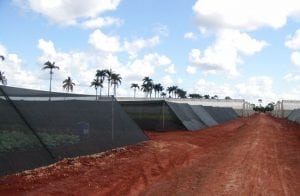
Agriculture
August 29, 2024
Amiran Shade Nets
Read SolutionImplemented by
Amiran
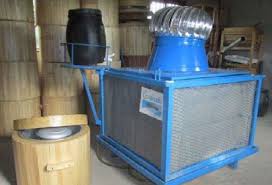
Updated on August 19, 2024
·Created on June 12, 2014
The EvaKuula is a milk cooler for small dairy farmers with no access to grid electricity, that can cool milk to 4-6 °C for 12 hours.
The EvaKuula milk cooler is a prototype for small dairy farmers with no access to grid electricity. The device uses biogas to cool milk to 4-6 °C for 12 hours.
Target SDGs
SDG 2: Zero Hunger
SDG 13: Climate Action
Market Suggested Retail Price
$572.56
Target Users (Target Impact Group)
Household, Community, Small and Medium-sized Enterprises
Distributors / Implementing Organizations
Thermogenn and The University of Georgia Research Foundation
Competitive Landscape
Direct competitors include Evaporative Cooling Chambers, SimGas Biogas Milk Chiller, and Promethean Rapid Milk Chiller.
Regions
East Africa
Countries
Uganda
Manufacturing/Building Method
This product is currently in the prototyping phase and not yet manufactured at scale.
Intellectural Property Type
Select Type
User Provision Model
Directly from designer. Prototype product
Distributions to Date Status
As of March 2018, 43 units have been deployed in Uganda.
Storage capacity (L)
80 L
Time to cool (hr)
3-4 hrs
Cooling retention (hr)
12 hrs
Temperature control
Unknown
Minimum internal temperature (°C)
4°C
Materials of construction
Stainless Steel, charcoal
Protection from insect entry
Yes
Refrigeration cycle catalyst
Propane, biogas
Design Specifications
The EvaKuula kit contains two main components: a thermization unit and an evaporative cooling unit. The evaporative cooling unit is composed of up to four milk canisters placed inside a chamber with water and an external wind-powered mechanical air extraction fan. Each milk canister can hold 20 L of milk. The walls of the chamber are lined with an insulating material such as charcoal. A biogas or propane energy source can be used to speed up cooling time.
Technical Support
None
Replacement Components
No
Lifecycle
Unknown
Manufacturer Specified Performance Parameters
The designers aim for their product to cool milk to 4-6°C within 3-4 hours and to stay cool for 12 hours.
Vetted Performance Status
Unknown
Safety
Biogas is primarily composed of methane and carbon dioxide, which pose safety concerns if inhaled. Other safety concerns include explosion, asphyxiation, disease, and hydrogen sulfide poisoning.
Complementary Technical Systems
The designer recommends connected the device to a biogas generator to speed up cooling times.
Academic Research and References
Kisaalita, W. S., Franklin, J., Tippie, A., Boyer, B., Faircloth, W., 2006, Comparative Feasibility Analysis of Alternative Renewable Energy Sources for Small Milk Cooling Plants of Southwestern Uganda, Agricultural Mechanization in Asia, Africa and Latin America, 37, pp. 69-75.
Kisaalita, W. S., Katimbo, A., Sempiira, E., Mugisa, D., 2018, EvaKuula Saves Ugandan Smallholder Farmers’ Evening Milk, Sustainable Energy Technologies and Assessments, 29, pp. 155-163.
Compliance with regulations
The EvaKuula met national safety standards and was approved for commercialization by the Uganda Dairy Development Authority. Interview with representative
Other Information

Agriculture
August 29, 2024
Implemented by
Amiran
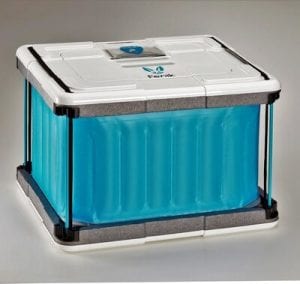
Agriculture
January 31, 2024
Implemented by
Fenik
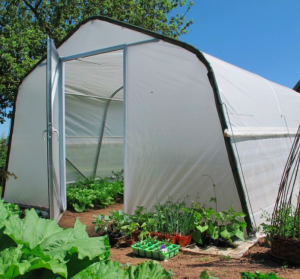
Agriculture
September 18, 2024
Implemented by
Haygrove Ltd
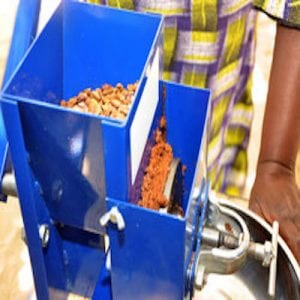
Agriculture
February 24, 2024
Implemented by
Compatible Technology International
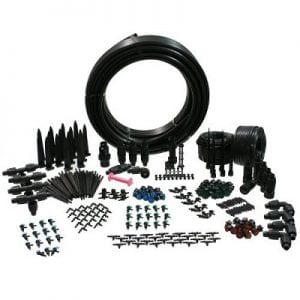
Agriculture
January 19, 2024
Implemented by
Godrej
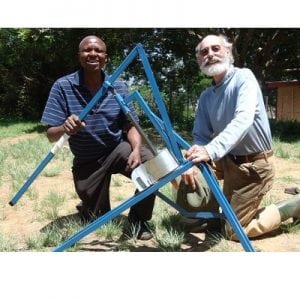
Agriculture
February 1, 2024
Implemented by
Elliot Litsebe Tsiame
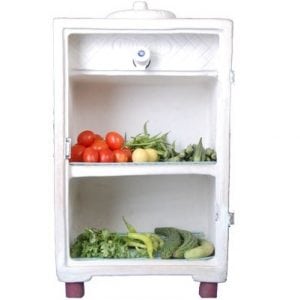
Agriculture
December 26, 2023
Implemented by
MittiCool

Agriculture
June 1, 2024
Implemented by
Cafedirect Producers’ Foundation
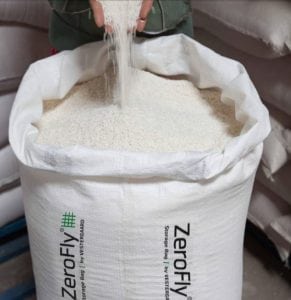
Agriculture
February 5, 2024
Implemented by
Vestergaard
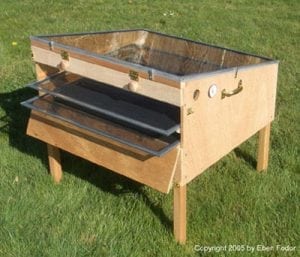
Agriculture
August 22, 2024
Implemented by
SunWorks
Have thoughts on how we can improve?
Give Us Feedback